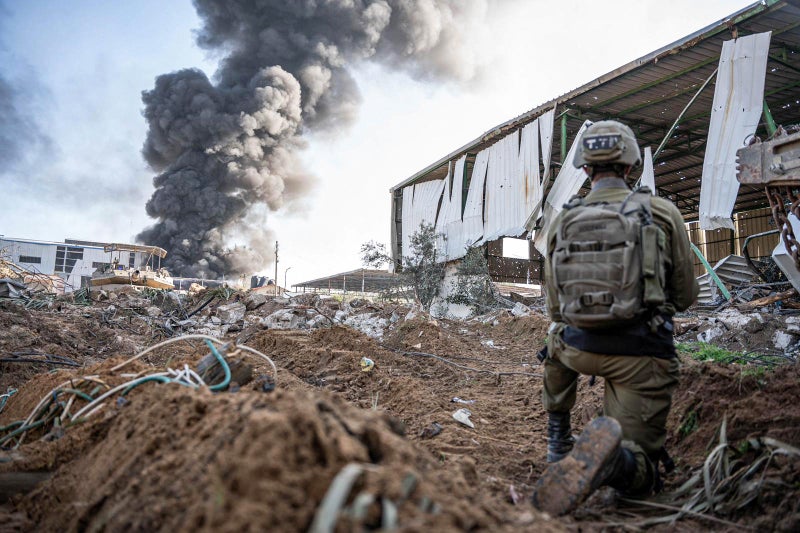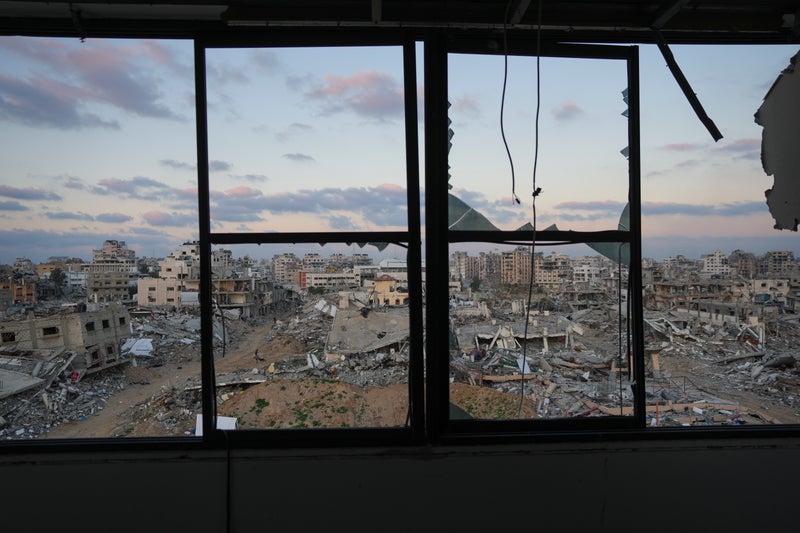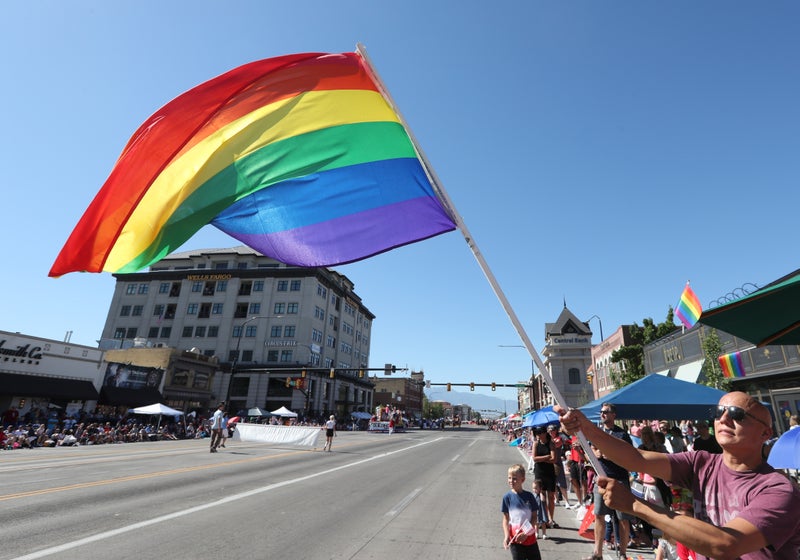‘Pepe’ Jijón loves his life in the Ecuadorian cloud forest, but for his son Jose, the excitement of New York city calls. On an October day, Jose Jijon rang up a customer’s $35 bag of coffee at a Brooklyn, New York, cafe. The transaction was one of many as shoppers poured in and out of Sey Coffee, one of the country’s most renowned roasteries.
![[trees and grasses ]](https://i.guim.co.uk/img/media/1815309553c7fae018652b9f4d803bad413d464c/0_0_2397_1600/master/2397.jpg?width=445&dpr=1&s=none&crop=none)
There was no way the patron who browsed the coffee varieties – each identified by producer, location and altitude of the farm – could know the smiling young cashier wearing the Johnny Cash T-shirt was the heir apparent to the coffee farm whose beans they had just purchased.
![[a young man pouring coffee ]](https://i.guim.co.uk/img/media/93858e7ee76edf9d1d9e40dd5787da601fd10396/0_0_5184_3456/master/5184.jpg?width=445&dpr=1&s=none&crop=none)
In 2024, Jose’s father, José Ignacio “Pepe” Jijón, won the most notable producer award from Sprudge, a global coffee community, for the beans from his Finca Soledad (“Solitude Farm” in Spanish). The coffee farm sits atop an ascending switchback road overlooking Ecuador’s Intag valley, about 90 miles north of the capital, Quito. The remote Andean region is a rare cloud forest ecosystem of high altitude, year-round clouds and epiphytes – non-parasitic plants that grow on other plants, such as ferns and orchids. This setting produces the complex acidity, balanced floral notes and dark berry hints that characterize the farm’s much-coveted coffee.
![[a man and boy sitting together ]](https://i.guim.co.uk/img/media/12c47d62c92a0e027a169a08bd4227e12ae8d60a/0_0_2397_1600/master/2397.jpg?width=445&dpr=1&s=none&crop=none)
The year 2023 was also busy for Jose, who has dual Ecuador-US citizenship. He left Finca Soledad to work at Sey in New York, his “city of dreams”. It’s not yet clear what Jose’s exact dreams are, though; he’s 19 and figuring that out. But his future may take him away from Finca Soledad and what seemed to be a preordained path in the family business.
![[a girl hugging a man with his hand on a boy’s back ]](https://i.guim.co.uk/img/media/c199c9db2b8967d8cf4cf5d3dafd40e35e0c7092/0_0_2977_1986/master/2977.jpg?width=445&dpr=1&s=none&crop=none)
Around the world, farmers’ would-be heirs have long been drawn to possibilities beyond agriculture. Pepe recently read the US farmer-writer Wendell Berry’s 1977 book The Unsettling of America: Culture and Agriculture. Berry wrote of this phenomenon: “Few of the farmers’ children will be able to afford to stay on the farm – perhaps even fewer will wish to do so, for it will cost too much, require too much work and worry, and it is hardly a fashionable ambition.”.
Multiple factors threaten the viability of coffee farming: climate change, competition from large-scale coffee corporations that drive down prices with lower-quality offerings and low farm wages, and consumer expectations that coffee should be cheap. In Ecuador’s coffee industry, where the average age of a producer is about 60, the generations positioned to take over are weighing such factors and seeing what life in cities elsewhere – in their home country or abroad – may hold. At precisely the moment that specialty coffee consumption is reaching decade highs and coffee prices are setting records, many smallholder farms that supply 60% to 80% of the world’s coffee may struggle to survive a dual crisis of sustainability that’s not just about environmental change but also the lack of successors.
Jose speaks matter-of-factly about the challenges of coffee farming. “In the rural parts of Ecuador, being a coffee producer is seen as a job that’s destined to be extremely harsh and not well paid,” he said. He fears burnout would push him away from the land that’s given his family a livelihood.
He’s seen the challenges first-hand. As profitable as Finca Soledad is now, it wasn’t always fruitful. When Jose was a boy, his father and his grandfather, then an Ecuadorian diplomat, endured failed forays into sugar cane, commodity coffee and bananas that earned them $2 for every $100 they spent. They were losing money on their joint endeavor and farming more acres than they could manage, but these were some of the best times Pepe remembers. Just four years ago, Finca Soledad was nearly bankrupt.
Jose and his older sister Kassandra, who moved to California, are versatile coffee professionals who have worked on both the production and barista sides of the business. Both want to stay involved in Finca Soledad and the coffee industry as their careers, but neither sees their future resting solely on the farm.
Jose knows his interests will change over time, and he’s entertaining many options. Some days, he’s interested in fashion or technology; other days, business school. Regardless, he wants to change the narrative of Ecuadorian coffee farming. And he might do that – precisely by subverting expectations and not taking over Finca Soledad. In the male-dominated and ageing coffee sector, producers’ children are pushed to inherit the business and its responsibilities.
Pepe hopes his 2024 decision – which Jose encouraged – to purchase a second farm, Finca San Pedro, in Ecuador’s prominent Loja coffee region, will do the quiet work for him. “San Pedro needs a lot of energy right now,” Pepe said. “And I think Jose would enjoy that a lot because it’s something he would be a part of from the beginning.” Regardless, he continued: “I live on borrowed time, I’ve had so much good life that everything that happens to me now is a gift.”.































